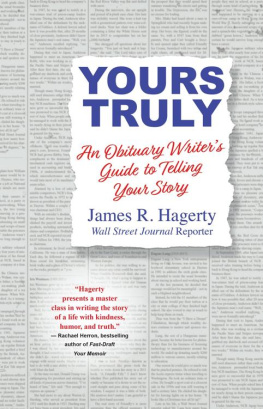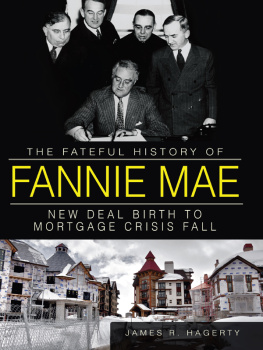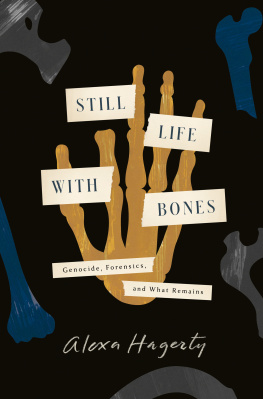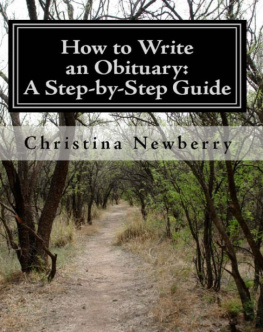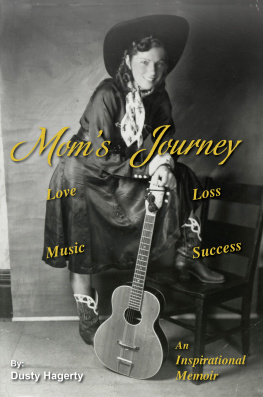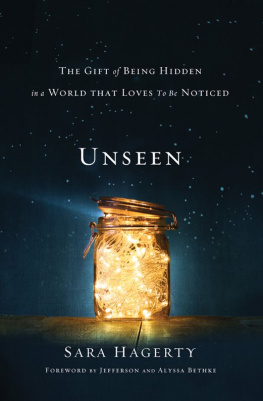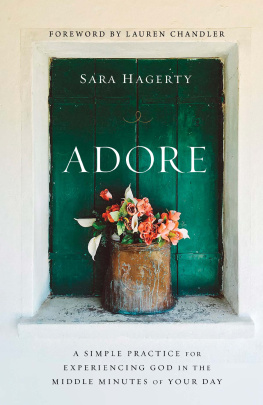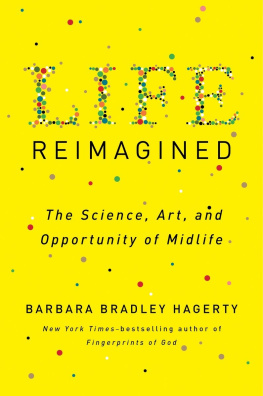Introduction
S OMEDAY THE STORY OF YOUR life will be written.
The only question is how well or badly it will be writtenwhat sort of picture it will leave behind for friends and family members, including those not yet born.
This book is for anyone who wants their story to be fair, accurate, interesting, and maybe even inspiring. It explains how to make sure your story is told the way you wantand how thinking about and preparing that story can help you live a better life.
If you do nothing and leave things to chance, there are two possible ways your life story will be recorded here on earth.
First possibility: If you are famousa movie star, a major-league athlete, a big-name politician, the CEO of a Fortune 100 company, or the inventor of, say, the air fryerprofessional news reporters are likely to write brief summaries of your life. That doesnt let you entirely off the hook, though. They will be able to write a truer-to-life story if you have written or spoken in depth about your life, because, after all, you know the story far better than anyone else.
Second possibility: If you are like me and more than 99 percent of all other people, your story is likely to be written in haste by a friend or family member distracted by grief and the many urgent tasks of dealing with a death. And, Im sorry to inform you, this well-meaning person will probably describe someone you wouldnt recognize. He or she will remember imperfectly, and perhaps only vaguely, all the interesting things you confided over the years. The story most likely will be solemn and dull, giving no hint of who you really were, what you were trying to do with your life, what you learned, and what you accomplished.
Someone will pay a fee to have this notice appear in small print in a newspaper and then linger indefinitely on a website such as Legacy.com as the official and totally inadequate record of your life.
I want something better for my life storyand for yours. That is why I am going to tell you how to write your own story, or at least to leave some notes or recordings to guide anyone who has to finish the job after you die.
No, telling your story is not another irksome task, like making a will or clearing out the attic. Telling your story is less difficult than you may imagine. Telling your story can be amusing. It can pay off in unexpected ways.
At a minimum, reading this book will show you how to ensure that the brief summary of your life that appears in print and online will be the sort of report card you want. But lets aim higher: I will also show you how to write a longer version of your story, akin to a short memoir or autobiography, for your friends and familyand also for you, while youre still living, even if youre still young, especially if youre still young. Telling the story of your life so far can serve as a checkup, helping you determine whether you are on course to achieving something worth remembering.
The same storytelling techniques apply to the shorter and longer versions of the tale you will leave behind.
I will urge you to ask yourself the same three questions I ask before writing the story of anyones life in the Wall Street Journal :
What were you trying to do with your life?
Why?
And how did it work out?
These are questions we should all ask ourselves from time to time, without waiting until we are on our deathbeds and it is too late to improve the script.
T HIS BOOK INCLUDES numerous summaries of life stories as a way of showing how to write them and, perhaps more important, what you can learn from them. In my case, writing obituaries has reinforced a belief that successful people tend to be optimistsnot in the sense of deluding themselves into believing that all is for the best in this world, but in the sense of feeling confident that they can find ways to cope and thrive in almost any situation, and that the world will somehow go on, at least in their lifetimes, despite evidence to the contrary. The link between optimism and success is not surprising but is important to remember.
Those who feel helpless and are certain that humanity is on the brink of extinction will always find less incentive to get out of bed and make an effort. As I write this book, the news of the world is not encouraging. Heres a coping strategy: After reading about the latest horrors on the front page, cheer yourself up by turning to the death columns. Obituaries remind us that, even in the darkest times, people with a strong dose of optimism, tempered by a realistic assessment of human nature and their own abilities, have found ways to flourish, recover from calamities, earn a living, fall in love, and discover the joys of sharing any windfall that comes their way.
A T SOME POINT in their lives, many people resolve to write down their memories. Most never get around to it. Summing up a lifetime sounds like a chore, forever less urgent than other things, but I will show you how to do it in a way that requires only a moderate investment of time and no gift for literary writing.
Drawing on examples from real-life stories, Ill explain and demonstrate what to put in, what to leave out, and what makes for a good story that people will want to read. By the end of this book, I think youll agree with me that writing your life story is not painful, not morbid, and not a sign of vanity. Instead, it is an exercise that will enrich your life and the lives of those who read and learn from it.
At the Wall Street Journal , Im famous for writing obituaries about people who werent famous. Most of the obituaries I write are about people who were interesting and notable in some way but whose names were unknown to nearly all of us. Id never heard of that person, readers often tell me, but the story was fascinating.
Though you may not realize it yet, your life story is interesting too, maybe even fascinating. Telling it may be the best gift you ever give to your friends, your family, and yourself.

